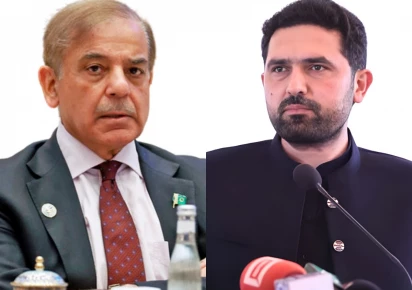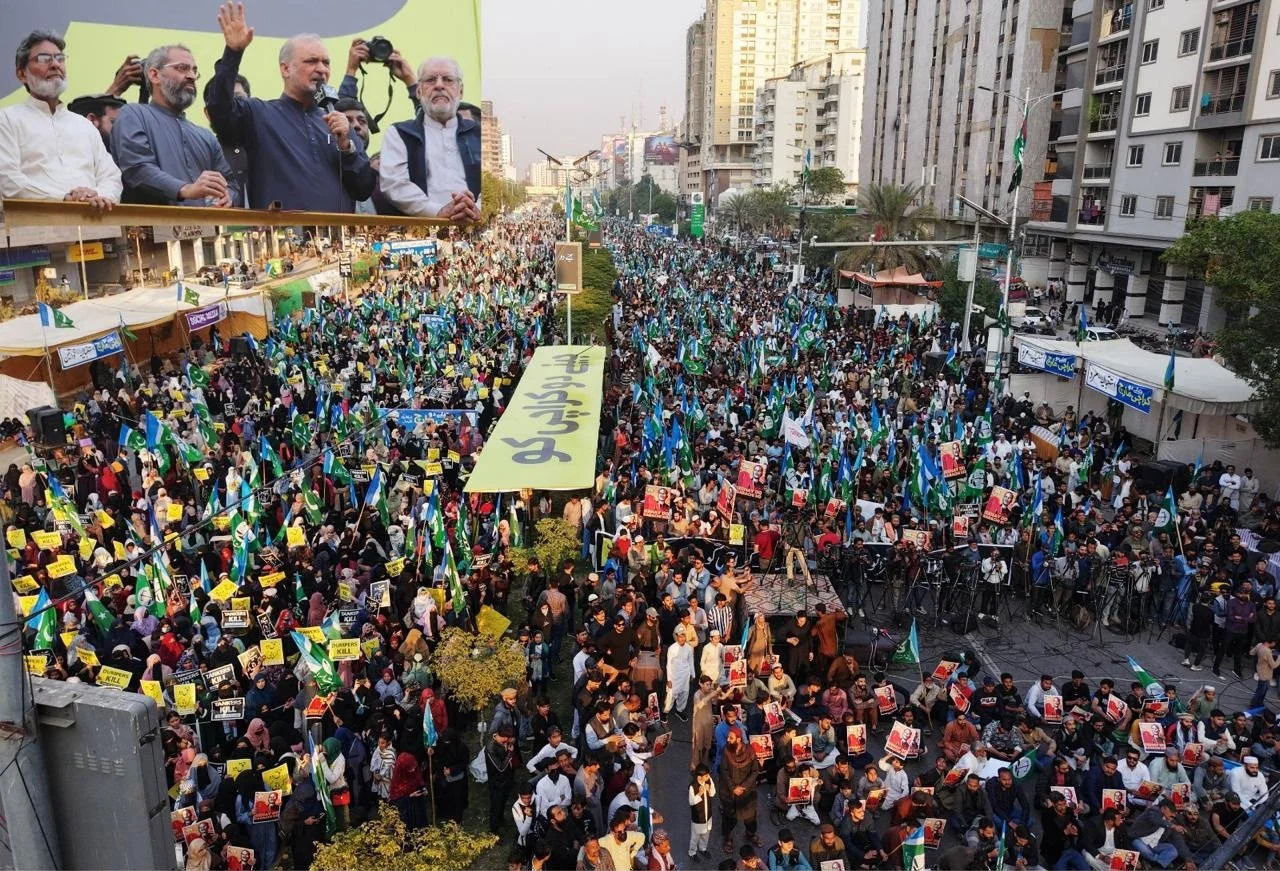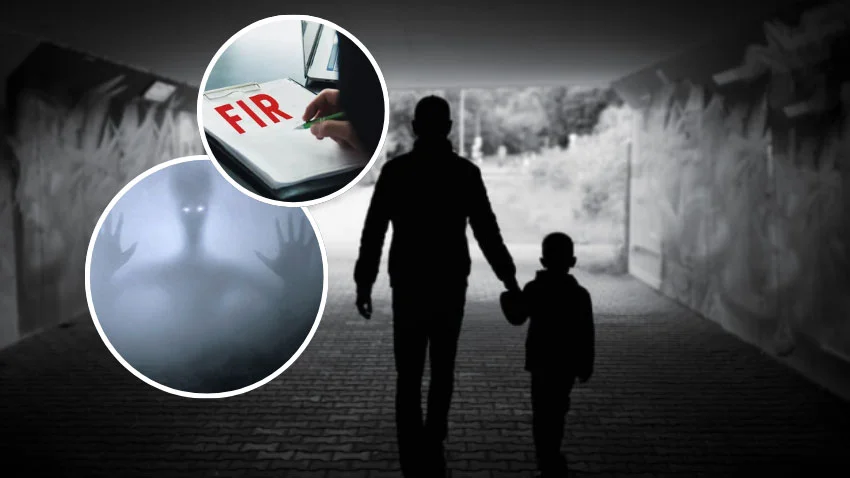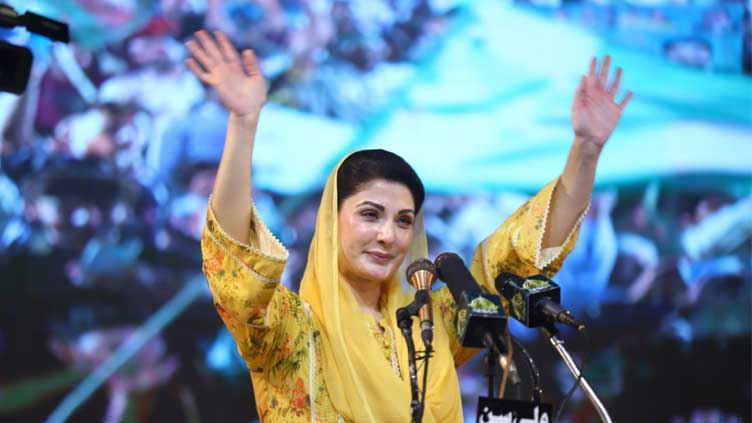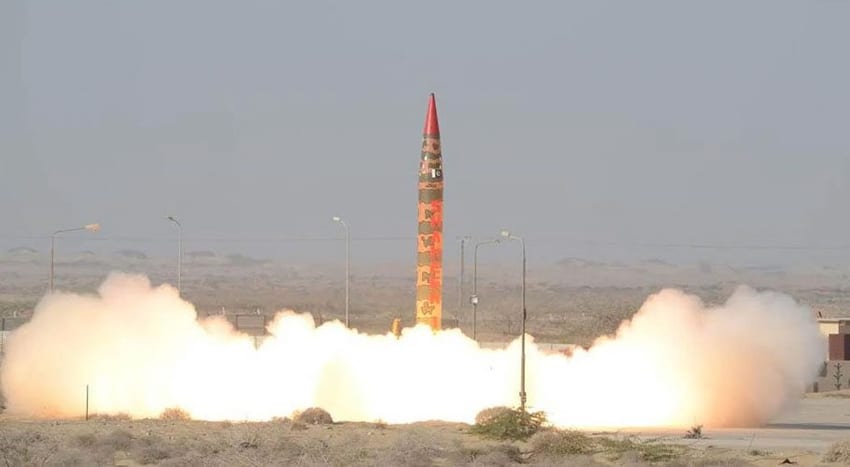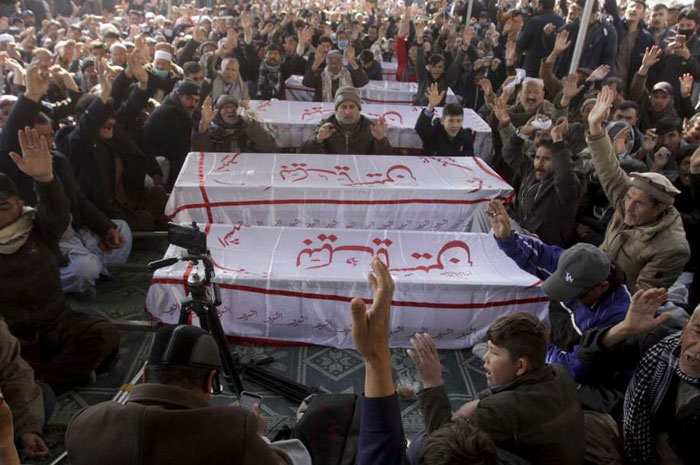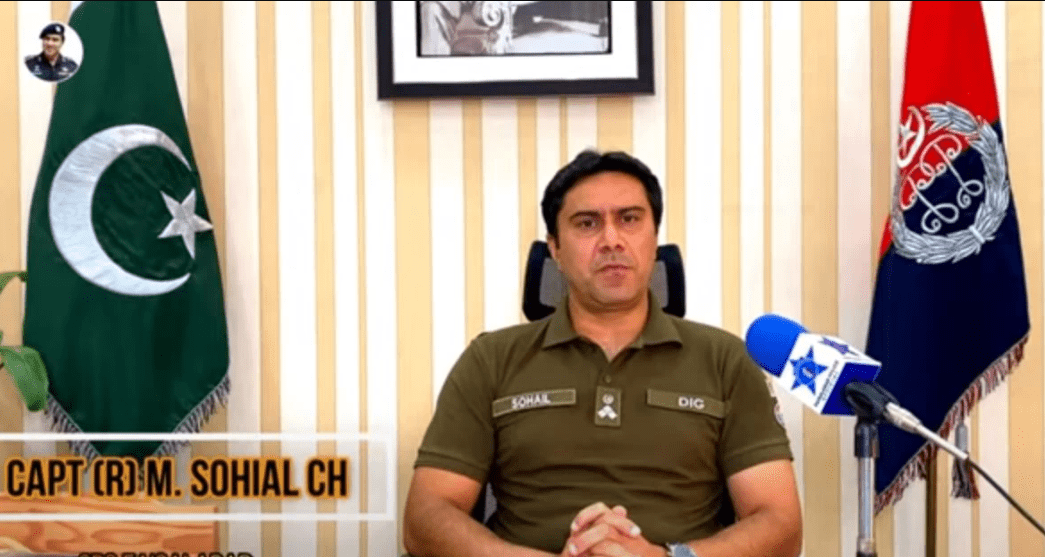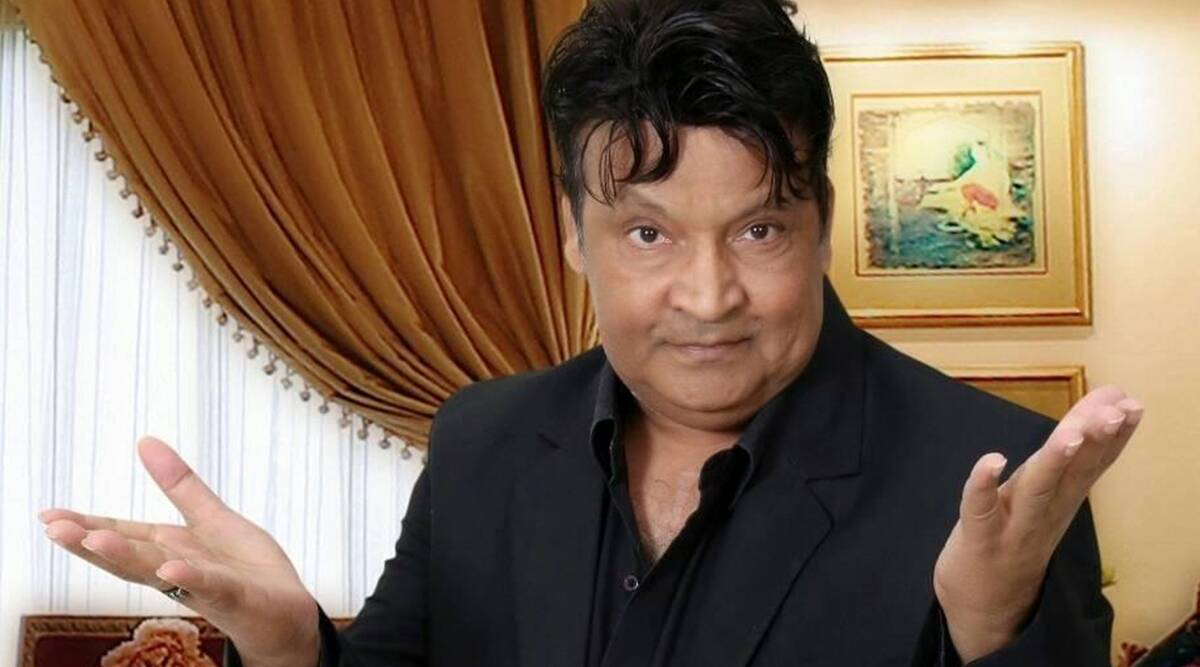Supreme Court asks if MNAs sign declaration to follow party discipline
Published On 06 Jan, 2023

Chief Justice of Pakistan (CJP) Umar Ata Bandial and Justice Ijazul Ahsan have raised a key question about the MNAs’ right to vote against the party line, asking if MNAs sign a declaration to follow party discipline.
A five-member bench of the apex court on Friday resumed the hearing on the presidential reference for the interpretation of Article 63-A and the Supreme Court Bar Association (SCBA) petition for the implementation of Article 95 that provides for the vote of no-confidence.
The larger bench, headed by Chief Justice Bandial, includes Justice Ijazul Ahsan, Justice Mazhar Alam Khan Miankhel, Justice Munib Akhtar and Justice Jamal Khan Mandokhail.
When the hearing resumed on Friday for the second day, Attorney General Khalid Javed Khan continued his arguments in support of disqualifying the MNAs who vote against the party line on the no-trust motion for a lifetime. He said MNAs elected on reserved seats for women and minorities do not receive votes from the people, and instead they are nominated by their parties.
Some of the MNAs elected on reserved seats were also present in the Sindh House, the attorney general said referring to the events from the previous week when about ten PTI dissidents came out in open defiance.
Chief Justice Umar Ata Bandial said that those who betray trust are called khain (traitor) and the Holy Quran prescribe harsh punishment for khiyanat (betrayal of trust).
Addressing the attorney general, the CJP said, “According to you those who do not vote in favour of their party commit khiyanat. Do MNAs give the declaration to follow party discipline?”
The CJP also said that the Constitution does not specify anywhere that MNAs are required to be loyal to their parties.
Justice Ijazul Ahsan asked if party membership forms include a declaration on adhering to party discipline. If the membership forms contain such a declaration, violating it would be khiyanat, he said.
Justice Mandokhel asked whether the MNAs are bound to support the prime minister even when he violates the Constitution and whether any member of the house could pose trust in the prime minister.
The attorney general said that a party ticket is a certificate that enables a candidate to get the electoral symbol of a party against their name on the voter’s slip.
Khalid Javed Khan also said that MNAs are not rubber stamps and parties hold parliamentary party meetings. If one does not agree with party’s decisions, one may step down, he said.
Justice Mazhar Alam said why an MNA must be made to step down if he disagrees with the party policy. To which, the attorney general said that anyone contesting election on a party ticket is required to follow the party discipline.
Justice Mandokhel said that the Constitution allows everyone the freedom of expression, so could someone be disqualified for a lifetime for exercising their right to freedom of expression. The attorney general said the freedom for the MNAs is restricted on four occasions.
The CJP said that Article 63(1)(f) is about the qualification of the National Assembly members and it does not contain anything about disqualification.
Justice Mandokhel said the president could have called a meeting of political parties with representation in Parliament and had discussed the issue with them before filing a presidential reference.
Justice Mazhar Alam said that no one has defected so far, but the government has filed a reference. The attorney general said that the government wanted to prevent the crime from happening.
Justice Alam asked how could someone be punished for a crime he has not yet committed.
Justice Mandokhel said what if an MNA tenders resignation immediately after voting against the party line. The attorney general said that in India an MP had done so but the courts declared that the MP committed defection.
The attorney general said no one should be encouraged to defect.
Justice Ijazul Ahsan said that the president has asked the Supreme Court for the interpretation of the Constitution and the court cannot go beyond interpretation.
There is a possibility that the court sends back the reference, said Justice Ijazul Ahsan.


